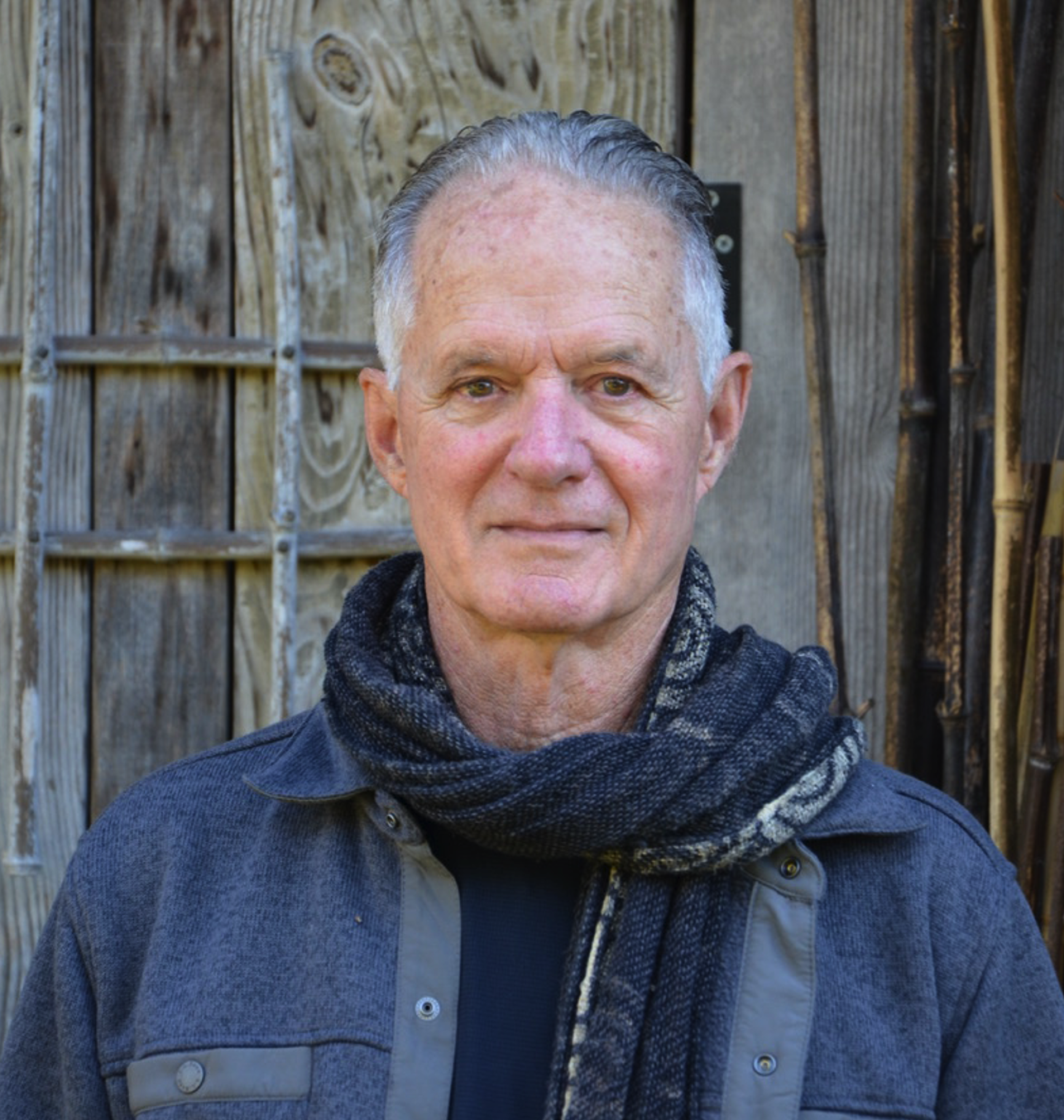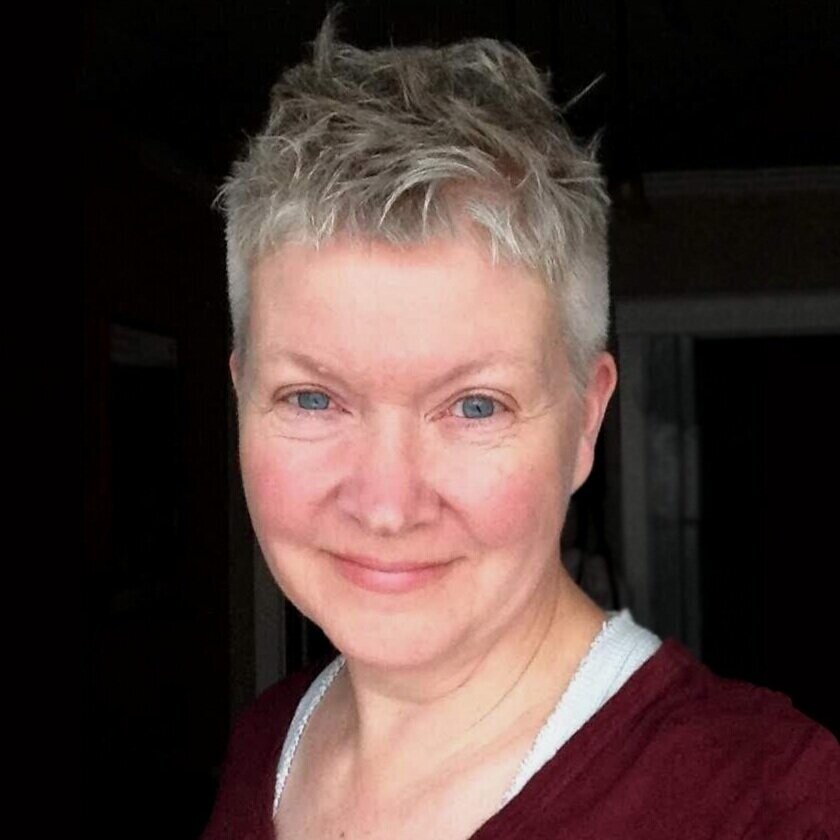What Are Some of the Most Powerful Mind-Body Tools Taught in the Coaching Program?
Starting in April 2023, we’re bringing together some of the world’s most esteemed teachers on Mind-Body and Somatic Coaching for our unique, 120-hr Mind-Body Coaching Certificate. We recently caught up with some of our faculty to discuss Mind-Body tools that will be taught in the program.
Manuela Mischke-Reeds
Manuela Mischke Reeds, MA, MFT, is an international teacher of somatic psychology and trauma therapy. She is a founder of Hakomi Institute of California and Embodywise (non-profit) and senior Hakomi faculty. Manuela serves as the Chief Mental Health officer at Abroad.io a Human Transformation Platform building human centered organizations. Manuela has 25+ years of clinical experience with trauma psychotherapy clients, coaching executives, first responders, and executive leadership coaching. She is the author of Somatic Psychotherapy Toolbox (PESI, 2019) and 8 keys to Practicing Mindfulness (W.W.Norton, 2015) and contributing author Hakomi Mindfulness centered Psychotherapy. (W.W.Norton, 2015)
When asked about the mind-body tools that will be taught in the Coaching Program, Manuela discusses how students will learn how to ground and resource in the body, learn to recognize somatic cues and be able to verbalize them and work with activation, somatic boundaries, and bodily impulses. As well, students will learn what to do when new sensations arise in the body that their clients may not be accustomed to.
WATCH THE VIDEO FOR MORE!
Richard Strozzi-Heckler
Richard Strozzi-Heckler has a Ph.D. in Psychology and is a seventh-degree black belt Shihan in aikido. He is a cofounder of the Lomi School and Tamalpais Aikido, and founder of Two Rock Aikido and Strozzi Somatics and Somatic Coaching. Richard was featured on the front page of the Wall Street Journal for developing the groundbreaking leadership program for the United States Marine Corps and was named one of the top fifty executive coaches in The Art and Practice of Leadership Coaching and in Profiles in Coaching.
In this video, Richard discusses how breath will be used to shift energetic patterns in a way that allows old patterns to dissolve and new patterns to emerge - patterns that are more in sync with a person’s commitments for the future. There will also be scanning and moving practices that allow a person to remain embodied in their everyday life. These practices will ask us to look beyond the information received from the logical left hemisphere of the brain and pay attention to what the body is informing us.
WATCH THE VIDEO FOR MORE!
“The fundamental work of the Somatic Coach is to guide the person to feel and be with this animating force that makes them alive. This is life moving toward life.”
Kai Cheng Thom
Kai Cheng Thom, MSW, MSc, is a certified Somatic Sex Educator, Qualified Mediator, Clinical Hypnotherapist and Certified Professional Coach based in tkaronto/Toronto. She is also the author of five award-winning books in various genres. Kai Cheng's work focuses on the intersection of social justice, pleasure activism, and transformative approaches to healing conflict. A noted speaker and practitioner of somatic wellness, healing, and group process facilitation, Kai Cheng supports individuals and groups who are seeking to repair relationships and make transformative change.
In the coaching program, Kai is most excited about weaving together an anti-oppressive approach to coaching with embodiment and somatics. In the social activism world, we talk a lot about ideas, theories, statistics, and goals, but we often don’t discuss the direct impact of those conversations on our bodies in the moment. By bridging these two together, we can feel what it is like to be with the embodiment of power dynamics and how to shift from a power over/under struggle to a dynamic of power with and within.
WATCH THE VIDEO FOR MORE!
Dr Rae Johnson
Rae Johnson, PhD, RSW, RSMT, BCC (they/them) is a social worker, somatic movement therapist, and board-certified coach working at the intersections of embodiment and social justice. The author of several books, including Embodied Social Justice and Embodied Activism, Rae currently teaches in the Somatic Psychology doctoral program at the California Institute of Integral Studies.
Rae explains that there are a number of tools that are unique to a mind-body approach to coaching. A narrative approach called called “Body Stories” allow us to write a story about what’s happened to us on a body level. There is also “Body Mapping,” which involves mapping out our history of bodily experiences through drawing - it’s a non-literal, imaginative way to begin to understand what’s happened to us and where our issues and pain points are.
Another strategy that Rae uses is called “Embodied Interjects,” which looks at how the messages from the outside world - the things we’ve been taught we should do or be - land on a bodily level and shape how we experience our bodies, movement, and breath. These interjects are often experienced as blank or stuck places in the body, and they can be rich sources of information when we look at what’s holding us back from living our lives in the way that we want.
WATCH THE VIDEO FOR MORE!
Learn more about how you can become a certified Mind-Body Coach and harness the power of somatics to help others transform their lives, actualize their goals, and live a life of authenticity, freedom and wellbeing with our 120-hr Mind-Body Coaching Certificate.
FIND OUT MORE ABOUT THIS UNIQUE AND TRANSFORMATIVE PROGRAM!
Join us live and online for our upcoming FREE Information session on April 2nd. Meet our faculty, have your questions answered and discover if this program is right for you! The sessions will be recorded so if you can’t make the live event, register anyway and we’ll send you the recording.





